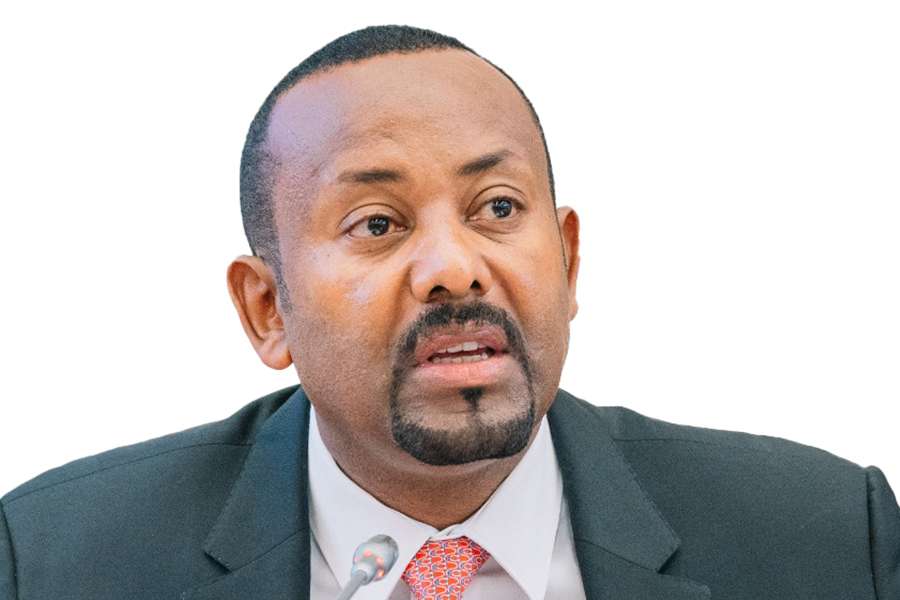
Last week’s parliamentary session highlighted a collected discourse on the federal government’s ambitious plan to advance technology and capital market in the year. A possible share offering of state-owned enterprises was hinted at by Prime Minister Abiy Ahmed (PhD) who defended his government’s strategy following lawmakers’ directed questions. In the wake of augmenting the financial industry plagued by limited accessibility and credit supply, the importance of boosting the regulatory and supervisory capacity of the National Bank of Ethiopia was indicated as crucial. He acknowledged there is room for improvement in government income and expenditures while aiming to collect 520 billion Br in the year. Agriculture is lauded as a sector showing great prospects where 20 million hectares of cultivated land that produced 600 million quintals of wheat is expected to grow by two million hectares this year. The session followed President Saheleworq Zewdie’s motion to the joint meetings of both legislative houses a month ago. Parliamentarians addressed a spectrum of pressing national issues, encompassing the escalating cost of living, a severe foreign exchange shortage, deteriorating public services in health and education, and the stagnant progress of national dialogue. The ongoing security challenges and the PM’s administration’s handling of these critical areas reflected growing concerns among legislators. Meanwhile, Abiy heralded an ongoing shift to a green economy surpassing the impacts of the pandemic and war with a 164 billion dollar GDP growth registered. Economists argue the disparity between GDP growth and actual quality of life, particularly in a climate marked by great socioeconomic inequality, allows economic data to be used as optics rather than reality.
[ssba-buttons]